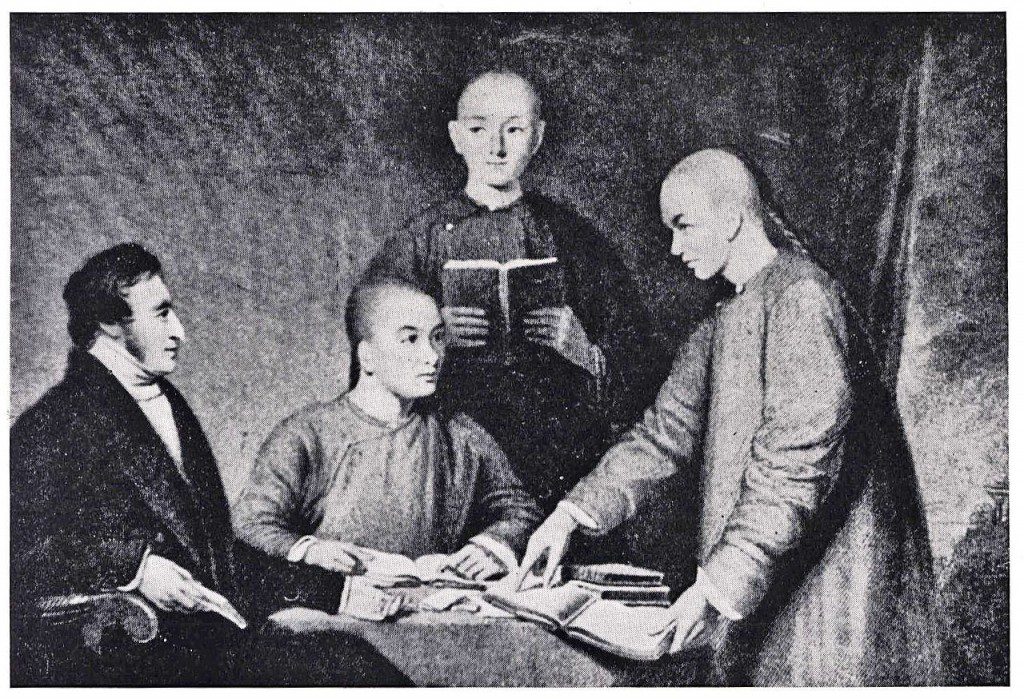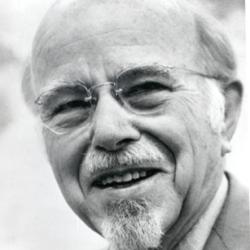In the last post, I said that while I love the emergence of missional language, I don’t think it’s helpful for people to say, “Every Christian is a missionary.” Missionaries are missional but missional people are not necessarily missionaries.
Think of concentric circles. The big circle represents those who should be missonal (i.e. all Christians). The inner circle represents missionaries (i.e. those crossing cultures).
 First of all, I want to respond upfront to an assumption I’ve heard voiced many times. People often assume themselves or attribute to me the notion that somehow being a missionary is a “higher” or “more holy” calling than non-missionaries. That is an utterly false if not deplorable suggestion. Those who might wrongly accuse me have a fatal flaw in their thinking. They seem to correlate role with rank of importance and honor.
First of all, I want to respond upfront to an assumption I’ve heard voiced many times. People often assume themselves or attribute to me the notion that somehow being a missionary is a “higher” or “more holy” calling than non-missionaries. That is an utterly false if not deplorable suggestion. Those who might wrongly accuse me have a fatal flaw in their thinking. They seem to correlate role with rank of importance and honor.
Christians are holy by virtue of Christ alone.
If anything people like missionaries and pastors are the worst hypocrites because, as trained sinners, they typically know and/or teach far more than they can ever obey. More knowledge and responsibility means they will try and fail more. I’m not criticizing missionaries and pastors; I’m just speaking to a reality that such leaders must humbly recognize. Even though they have a unique role within the Church, they nevertheless fall short of God’s glory (like everyone else). Do not confuse role and rank of value. Listen to Paul’s words on the Church:
“On the contrary, the parts of the body that seem to be weaker are indispensable, and on those parts of the body that we think less honorable we bestow the greater honor, and our unpresentable parts are treated with greater modesty, which our more presentable parts do not require. But God has so composed the body, giving greater honor to the part that lacked it, that there may be no division in the body, but that the members may have the same care for one another” (1 Cor 12:22-25).
Does it matter to say everyone is a missionary?
The promise that most basically frames the entire Scripture was given to Abraham in Gen 12:3. In Gal 3:8, Paul expressly calls this promise the gospel:
“And the Scripture, foreseeing that God would justify the Gentiles by faith, preached the gospel beforehand to Abraham, saying, ‘In you shall all the nations be blessed.'”
A few verses later, we read that Jesus become a curse. Why? It’s not simply because he loves us and wants every individual to be saved. By explains God’s agenda:
“so that in Christ Jesus the blessing of Abraham might come to the Gentiles, so that we might receive the promised Spirit through faith” (Gal 3:14).
 In short, God made a covenant to bless all nations, even sending Jesus to die in order that it would be fulfilled. If the nations are not blessed through Jesus, Abraham’s offspring (cf. Gal 3:16), then God is a liar. By what means has God chosen to complete this task? Christians crossing cultures with the gospel, i.e. missions. Among the Church’s various potential ministries, the specific work of missions has a unique place.
In short, God made a covenant to bless all nations, even sending Jesus to die in order that it would be fulfilled. If the nations are not blessed through Jesus, Abraham’s offspring (cf. Gal 3:16), then God is a liar. By what means has God chosen to complete this task? Christians crossing cultures with the gospel, i.e. missions. Among the Church’s various potential ministries, the specific work of missions has a unique place.
If missions doesn’t happen such that the nations do not hear the gospel and receive the blessing of Abraham, Christ died in vain and God is not faithful to his promise. Choirs and car washes could cease, youth ministries and pregnancy assistance centers could shut down, as wonderful and important as they are, yet God would not have broken his promises.
Nearly every missionary has heard it said once or a hundred times, “Why are you going over there? There are still people here who don’t know Jesus.” People are always looking for reasons not to go or send missionaries. I’m not saying missions is the only ministry of the Church; however, it is essential to its constitution as a people living between Christ’s ascension and return. Over the past 15 years, as “missional” literature has grown, I find it ironic and stunning how often those who talk a lot about being “missional” say so little about “missions.”
(Note to prevent misguided comments: I am not saying all people who use missional language don’t support missions.) I am pro-missional living and missional churches. I have been greatly shaped by “missional” writers, like Lesslie Newbigin (e.g., The Gospel in a Pluralistic Society and books like Gruder’s The Missional Church.)

The matter of what is or is not “helpful” is worthy of debate but not division (cf. 1 Cor 1o:23–33). The topic of calling and titles may be analogous to spiritual gifts, which are assigned by God for the building up of the body (cf. Rom 12:3–10; 1 Cor 12:4–31). We may have different functions or roles, but we have one identity––in Christ. Let us not confuse our job with our identity.
Not everyone is a missionary . . . and that’s ok.
Photo Credit: commons.wikimedia
















